We have provided the following Glossary to help you understand some of the terms involved with our Practice Areas. If you have any further questions, please contact us today!
Administrator: Administrator, in the state of Ohio, is the person who manages an estate when there is no will or trust. An administrator performs many of the same functions as an executor.
Administratrix: Administratrix is the feminine form of Administrator
Attorney in Fact: Attorney in Fact is the person holding power to act for another under a Power of Attorney document.
Basis: Basis is the value subtracted from the gross sales price to calculate gain or loss for capital gains tax purposes.
Beneficiary: Beneficiary is the person who receives benefits from a will, insurance policy, or other document.
Charitable Remainder Trust: A Charitable Remainder Trust is a trust naming a charity as beneficiary.
Community Property: Community Property is a system of property law determining the interests of spouses in property acquired during marriage. Includes everything acquired by a married couple during the marriage, except property acquired by gift or inheritance. Each spouse owns an equal, undivided one half interest of the Community Property. Community Property concepts come from continental civil law, as opposed to English common law. Only a few western states use the Community Property system.
Corporation: A Corporation is a legal entity that is created to conduct business. The corporation becomes an entity--separate from those who founded it--that handles the responsibilities of the organization. Like a person, the corporation can be taxed and can be held legally liable for its actions. The corporation can also make a profit. The key benefit of corporate status is the avoidance of personal liability. The primary disadvantage is the cost to form a corporation and the extensive record-keeping that's required. While double taxation is sometimes mentioned as a drawback to incorporation, the S corporation (or Subchapter corporation, a popular variation of the regular C corporation) avoids this situation by allowing income or losses to be passed through on individual tax returns, similar to a partnership.
Conservator: Conservator is a person named by a court to act on behalf of someone who has become physically or mentally incapacitated.
Durable Power of Attorney: Durable Power of Attorney is a legal document appointing another person (the Attorney in Fact) to act on behalf of another, even if that person becomes disabled or incapacitated.
Durable Power of Attorney for Healthcare: Durable Power of Attorney for Healthcare is a legal document that gives another person the power to make certain decisions regarding healthcare.
Estate: An Estate is the condition and circumstance in which a person stands with regard to those around him and his property. In other words, a person's possessions.
Estate Planning: Strategies used to direct property to the proper beneficiaries, to minimize tax liability and other costs, and to arrange for property management in the event of physical or mental disability.
Estate Tax: Estate Tax is a transfer tax on estates exceeding the personal exemption amount. Currently, the top rate is 40%.
Executor: Executor is the person named in a will to manage an estate. The Executor's duties include collecting the estate assets, paying the estate's debts, and distributing the property according to the will.
Executrix: Executrix is the feminine form of Executor.
Fair Market Value: Fair Market Value is the price at which an asset passes from a willing buyer to a willing seller.
Family Limited Partnership: Family Limited Partnership is a form of holding property combining some of the advantages of holding property as a corporation with some of the advantages of owning property in a partnership. A Family Limited Partnership is sometimes used as a vehicle for a gift program to reduce or eliminate estate tax.
Fiduciary: A Fiduciary is a person or institution legally responsible for the management, investment, and distribution of funds. The law places various responsibilities on fiduciaries to act in the interests of the beneficiaries.
Grantor: A Grantor is the person who transfers assets into the trust. Sometimes also called a Settlor.
Gross Estate: Gross Estate is the total property or assets held by a person as defined for federal estate tax purposes.
Guardian: Guardian is a person legally charged with responsibility for a child.
Healthcare Power of Attorney: Healthcare Power of Attorney is a power of attorney naming a person to make medical decisions in the event of mental or physical incapacity.
Heir: Heir is the person who inherits the property.
Holographic Will: Holographic Will is a will entirely in the handwriting of the signer. Although valid in some states in some circumstances, most lawyers advise strongly against doing this.
Incapacitated Person: Incapacitated Person is a person who is impaired by reason of mental illness, mental deficiency, physical illness or disability, advanced age, chronic use of drugs, chronic intoxication, or other cause (except minority) to the extent of lacking sufficient understanding or capacity to make or communicate responsible decisions.
Inter Vivos: Between living persons. Usually refers to a trust created during the Trustor's lifetime for the benefit of another.
Intestacy, Intestate: The state or condition when a person dies without a valid will. The law has rules determining who gets the estate property if a person dies Intestate.
Irrevocable: Irrevocable indicates something cannot be changed or terminated.
Irrevocable Trust: A Trust with terms that cannot be changed or terminated.
Joint Tenancy: Joint Tenancy with Right of Survivorship is a form for holding undivided title to property among more than one person. When of the co-owners dies, the other becomes the sole owner of the property.
Joint and Survivor Insurance: A policy underwritten on the life of two persons, usually husband and wife or business partners.
Limited Liability Company (LLC): An LLC is a hybrid form of partnership which is gaining in popularity because it allows owners to take advantage of the benefits of both the corporation and partnership forms of business. The advantages of this business format are that profits and losses can be passed through to owners without taxation of the business itself while owners are shielded from personal liability.
Living Trust: Commonly used instead of a will in order to avoid probate proceedings, a Living Trust is a revocable trust in which the grantor transfers some or all of his property to one or more Beneficiaries. Also called an inter vivos trust.
Living Will: A legal document stating that the signer does or does not want to be kept alive by artificial or extraordinary means, when there is no expectation of recovery from a physical or mental disability. The enforceability of such documents are unclear in absence of applicable legislation.
Marital Deduction: A deduction allowing for the unlimited transfer of any or all property from one spouse to the other generally free from estate or gift tax.
Minor Child: A person who has not reached the age of majority. The age is usually 16-18 years of age, and varies from state to state.
Partnership: A Partnership involves two or more people who agree to share in the profits or losses of a business. A primary advantage is that the partnership does not bear the tax burden of profits or the benefit of losses--profits or losses are "passed through" to partners to report on their individual income tax returns. A primary disadvantage is liability--each partner is personally liable for the financial obligations of the business.
Power of Appointment: Power of Appointment is the authority conferred by deed or will to make a gift or distribute property. A "general" power of appointment places no limitation on the receivers of the property. A "special" or "limited" power of appointment limits who can receive the property.
Power of Attorney: Power of Attorney is a legal document granting authority for a person to act for another.
Probate: Probate is the process of proving to a court of appropriate jurisdiction that a document is a deceased person's will. When proved to the satisfaction of the court, the document is received, filed, and recorded, and is then said to be admitted to probate or probated.
Probate Court: Probate Court is the court with the authority to recognize a document as a deceased person's will. The court executes the directive of the will. In Ohio, most counties have a separate probate department.
Representative: A Representative is someone who is authorized to act on one's behalf, such as an executor or trustee.
Separate Property: Separate Property is everything owned by an individual that is not Community Property, such as property acquired before marriage and kept separate by the owner, property acquired during marriage by gift or inheritance, or a joint tenant's interest in joint tenancy property.
Settlor: A Settlor is one who places assets in trust. Another term for Trustor.
Sole Proprietorship: A Sole Proprietorship is the most common form of business organization. It's easy to form and offers complete managerial control to the owner. However, the owner is also personally liable for all financial obligations of the business.
State Death or Inheritance Taxes: Some states impose a tax on the transfer of property at a person's death.
Step-Up in Basis: Step-Up in Basis is at death, the Basis of most property becomes the Fair Market Value at the time of death, as opposed to the Fair Market Value at the time the decedent acquired the property.
Testamentary Trust: Testamentary Trust is a trust created by the terms of a will.
Testate: Testate is a person who dies with a valid will.
Trust: Trust is a legal document created by a grantor during his lifetime for the benefit of another.
Trustee: Trustee is the person named in a trust to manage the property and distribute the property according to the terms of the trust.
Will: A legal document directing the disposition of property at death. A will takes force through the probate court. Attorney in Fact is the person holding power to act for another under a Power of Attorney document.

Anthony Rinaldi & Company, LLC is a Cleveland-based law firm that practices primarily in the areas of estate planning, tax, asset protection, business planning, and succession.
All Rights Reserved
Disclaimer: This website provides general information about Anthony Rinaldi and Company, LLC for the convenience of visitors to the website. The site and the content within it are not intended to establish and their use does not establish an attorney-client relationship between Anthony Rinaldi and Company, LLC and any visitor. Information on the site is not legal advice. Do not send confidential information to any of our lawyers without first obtaining specific authorization. Statements on this website of prior results do not guarantee a similar outcome.
